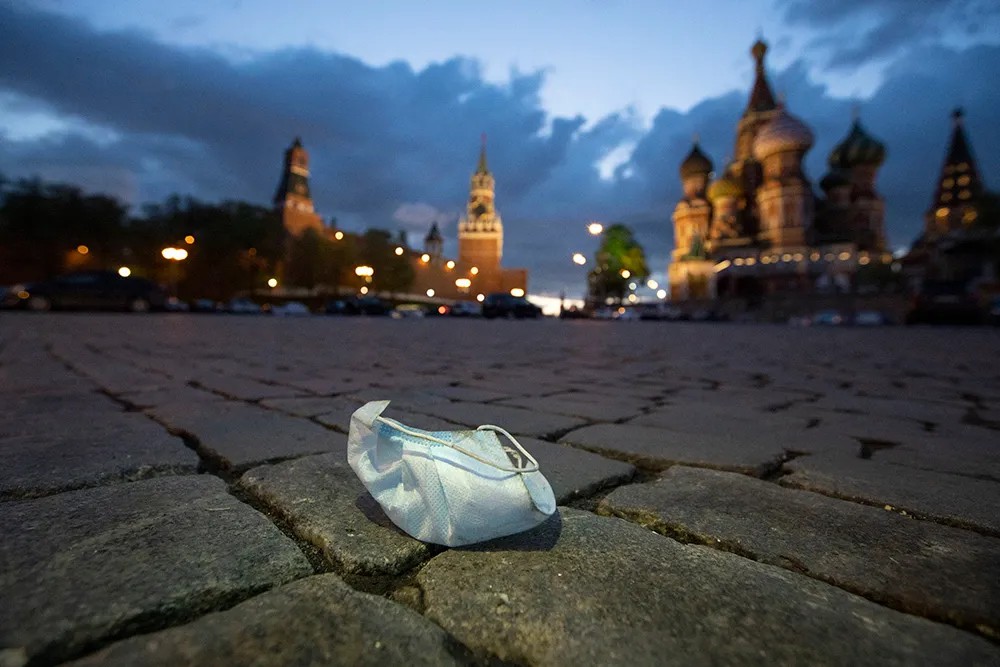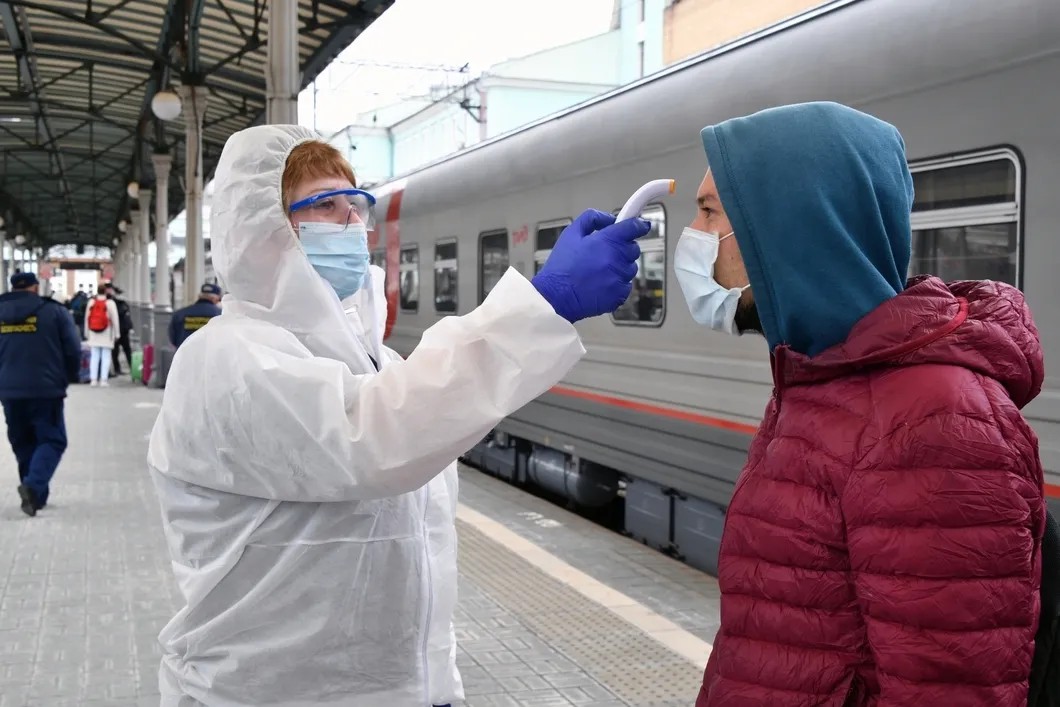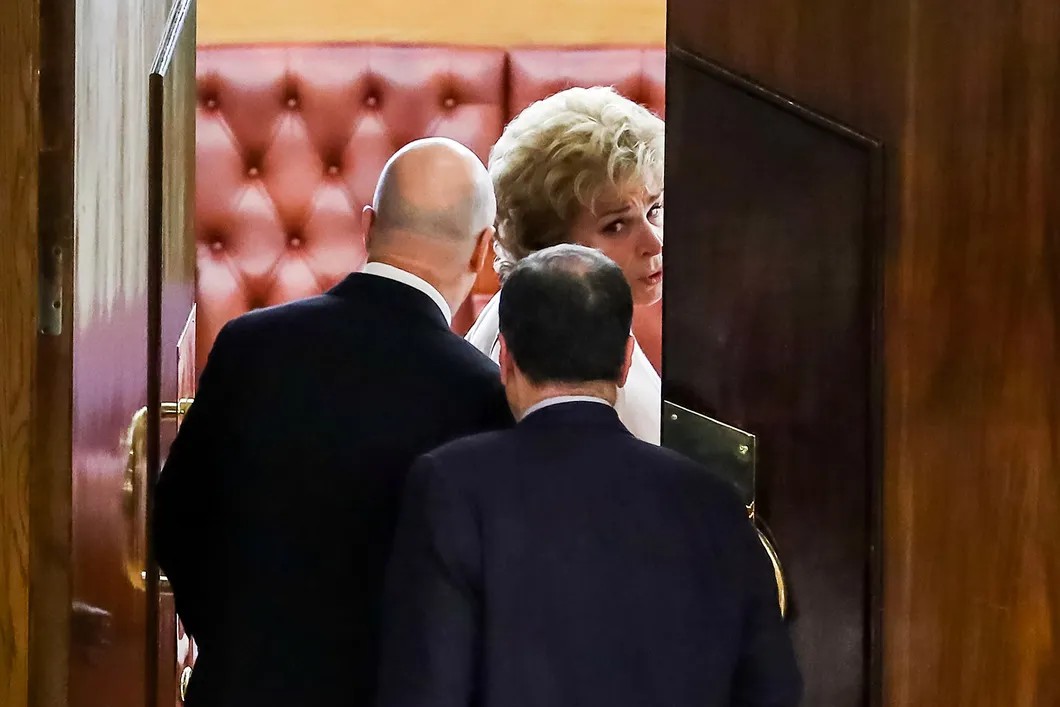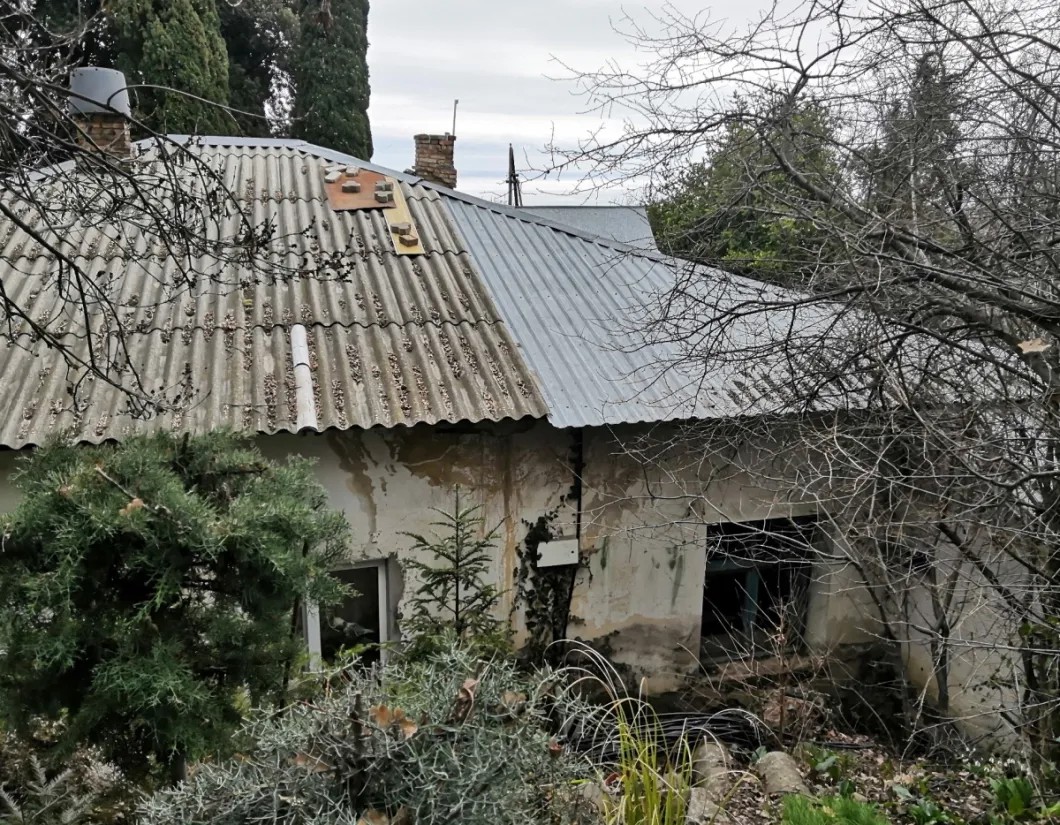
This Week’s Highlights
Moscow emerges as one of the largest COVID-19 epicenters in the world, our investigation looks into how exactly the Russian capital made the country’s outbreak worse; regular Russians won’t be getting government support during quarantine despite billions in the state wealth fund — we explain the twisted logic; plus, we report on mass evictions across the most lucrative resort lands in Russian-annexed Crimea.
Want to get the full story? Click the links below for full-length articles in Russian.
Moscow’s COVID-19 Catastrophe, Explained
Russia has this week become the epicenter of the third-largest coronavirus outbreak in the world, with more than 220,000 reported cases. Nearly 60% of them are in Moscow, with a population of 12,5 million. Our new data journalism investigation has uncovered that Russia’s excessively centralized economy circuited around the capital, and labor migration linked to it, served as a centrifuge spreading the virus across the country.
First, we analyzed labor migration patterns based on ticket sales data. It recorded a massive outflow of people from Moscow in the wake of a full lockdown. In April, for every two passengers arriving in the capital, three were leaving (the ratio was 50-50 the same time last year.)
Second, we tracked fleeing labor migrants using government data. We’ve found that the more internal migrants a region has, the higher the number of COVID-19 cases are reported there. For every 10% increase in the number of Moscow-linked internal migrants, there was a 6.5% increase of COVID-19 cases in the region.
And then, there’s cellphone data. There are no figures on how many people have left Moscow during quarantine. Still the data by the country’s largest mobile network operator MTS gives us a fair idea: more than 15% of their Moscow-based subscribers left the capital, 79% of them traveled to other parts of the Moscow region, and 21% went to other regions.

Conclusion: Russia faces the Italian scenario.Russian officials claim that the country has managed to avoid the outbreak of disaster like in Italy. But given the Kremlin’s recent ban on virus-related “fake news” as a way to silence reports that don’t toe the government line, these assurances seem dubious. Russia has overtaken Italy in the number of COVID-19 cases. New data shows that the number of deaths registered in Moscow for April was 19% higher than the average for that month. It means the government's official coronavirus death toll (which sits at a low 0.9%) is likely to be severely underreported.
Backstory.Almost three million people moved from other parts of Russia to Moscow in the last two decades, according to state data. That’s four times more than internal migration between the rest of regions combined. A centerpiece of the historically centralized Russian state, Moscow accounts for a fifth of the country’s economy and enjoys living standards well above anything found in Russian provinces. The city’s income gap with the rest of the country is staggering — it is a home for the third highest number of billionaires in the world and a Moscovite earns on average twice as much as other Russians.
Read about Moscow’s impact on the spread of coronavirus in Russia here.
The Kremlin’s Reluctance to Bailout Russians, Explained
Although Russians have been ordered to stay home to curb the spread of infection, the state has provided little aid for many to make it through. Around 65 million of Russia’s 75 million-strong workforce might require financial assistance to survive through the lockdown, our economics columnist Maxim Averbukh estimates in this week’s op-ed.
Russia can afford it.Averbukh argues on behalf of direct stimulus transfers to Russian citizens. Paying 65 million people a minimum income wage for one month would set the government back 1.15 trillion rubles ($15.7 billion); three months — 3.45 trillion rubles ($47.2 billion). Averbukh argues that Russia can afford it — the Russian National Wealth Fund has accumulated around $176 billion from lucrative oil and gas sales over the last decade. Furthermore,
Russia can also print more money.Something that the Central Bank is already doing to compensate for the federal budget revenue fall due to the drop in oil prices. The latest data shows that the Central Bank has already printed trillions in new money as inflation concerns remain low. Averbukh argues that instead of being obsessed with fiscal balance, the Central Bank should channel these funds to pockets of ordinary Russians.

Russia can also devalue the ruble.The state wealth fund assets are stored in foreign currency, so the more ruble depreciates these days, the more the fund grows. Devaluation would also ease the pressure from oil prices collapse and the lockdown-induced economic halt. But currency exchange rates are a sensitive issue for the public traumatized by disastrous ruble devaluations of the late 1990s (plus, 36% of goods sold in Russia are imported). So any slide downwards threatens Putin’s ongoing constitutional gambit to stay in power until 2036, Averbukh notes.
Поддержите
нашу работу!
Нажимая кнопку «Стать соучастником»,
я принимаю условия и подтверждаю свое гражданство РФ
Если у вас есть вопросы, пишите [email protected] или звоните:
+7 (929) 612-03-68
Russia can prioritize stimulus checks over expensive bailouts of state monopolies.But it won’t. The Russian economy is a hostage to numerous state-owned companies (such as oil and gas giants like Rosneft and Gazprom) that the Kremlin milks to finance populist economic policies. Even before the crisis, they had over $126 billion in consolidated net debt. According to Averbukh, that’s what the Kremlin saves the national wealth fund for — not the bailouts of ordinary Russians.
Backstory.More than 21 million people in Russia are living below the poverty line. 60% have no savings at all, and the average household indebtedness is quite high. Incomes have been on the decline for the past seven years, and the poverty rate is at its worst level since the mid-2000s. After the pandemic, Russian citizens will be about 10% poorer than a decade ago.
Read Maxim Averbukh’s full piece on why the government isn’t providing state-support to Russians here.
Mass Evictions in Annexed Crimea, Explained
Following Russia’s annexation of Ukraine’s Crimean peninsula in 2014, the Kremlin promised that all property rights established under Ukraine would be preserved. However, as our local correspondent reports, six years after the annexation the region faces mass evictions across the most lucrative resort lands. This week Novaya Gazeta brings you stories of Crimeans who are at risk of losing their homes.
Decades of property wars.The Kozlovs have been fighting for their home for over a decade. In the late 1990s, at the behest of the authorities, they turned a dormitory in Yatla’s Chernomor'ye (Black Sea) sanatorium into an apartment. In 2008 Ukrainian authorities tried to reclaim the property back, but Crimean courts sided with the Kozlovs. Following the annexation, now Russian authorities slap the family with an eviction order.
“My husband is a pensioner and a Chernobyl liquidator. I’m a pensioner too,” Elena Kozlov complains. “The children don’t have housing. If they offered to put any kind of roof over our heads, we would gladly leave.”
Some lose their roofs.Literally. Andrei Komarov owns a home within the territory of ‘St Petersburg’ sanatorium in Yalta. After the annexation, it was resold to VSMPO-Avisma Corporation, the world's largest titanium producer and a subsidiary of Rostec, a state corporation founded by President Vladimir Putin. Since then, a number of families living on the edge of the resort started having problems and new owners encouraged them to move. Komarov refused and saw part of his roof and a garden disappear.

”The sanatorium workers demolished the fence around our house and installed checkpoints. Now we can only get into our home with an access pass,” Komarov complains.
Anti-terrorism laws deployed. More than 400 people in another resort of Hurzuf are being forced to move this year. Officials declared their homes ‘unsafe’, but a villager Olga Kanaki says the authorities exploit ambiguous zoning regulations and just want to clear the way for an expansion of local VIP summer camp for kids. After the annexation, the villagers were told that new anti-terror laws prevent them from living next to a children’s camp. Authorities promised to build 500 new apartments for the evicted but recently revised it to just over 200.
Backstory. Crimea’s coastal regions have been a prime holiday destination and hotspot for high-end summer houses for over a century. After the Ukrainian independence from Russia, the lucrative land became engulfed in permanent property wars. Housing along coastal resort cities like Yalta isn’t cheap - a square meter costs around $1500. Meanwhile, rent during the off-peak season starts from $270. During the summer months, that can quadruple.
Read the full story about the mass evictions in Crimea here.
Other Top-Stories Russia Has Been Reading
- Death of a prominent oligarch, examined. 52-year-old billionaire Dmitry Bosov was found dead last week in his house near Moscow. Police suspect suicide. Despite being ranked number 86 on the Forbes list of Russia's richest businessmen, Bosov was considered as one of the most influential and politically connected oligarchs in the country. In our most-read story this week, we examine the factors that preceded his death, his links to President Putin, and a series of high-profile conflicts he had right before his death, including with Igor Sechin, the influential head of state-owned oil giant Rosneft. The latter confrontation, though, was eventually settled in late April, according to our sources. People close to Bosov told us he was also suffering from depression and substance abuse.
- Russian doctors count their dead.According to data from other countries, every tenth person with COVID-19 is a health care worker. Less is known about the number of medical personnelthat got infected or died from coronavirus in Russia. One of our most-read stories this week features Russian health care workers behind an online list of local medics who died during the COVID-19 pandemic. There are more than 150 names on the list. Cardiologist and one of the list creators, Aleksey Erlikh, says it is not cross-checked and based on information forwarded by colleagues or relatives of the deceased. But according to neurosurgeon Alexei Kashcheev, records like these are important, not only to remember those who died but also to help the families of the deceased health workers claim state compensations.
Thanks for reading!To keep up with Novaya Gazeta’s reporting throughout the week, you can follow us on Facebook, Twitter, Instagram, and Telegram. Our video content is available on Youtube and don’t forget to visit our website for the latest stories in Russian.
— The Novaya Gazeta Team
Поддержите
нашу работу!
Нажимая кнопку «Стать соучастником»,
я принимаю условия и подтверждаю свое гражданство РФ
Если у вас есть вопросы, пишите [email protected] или звоните:
+7 (929) 612-03-68